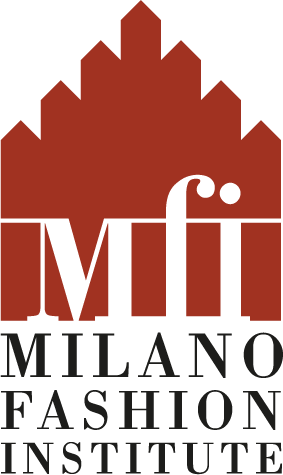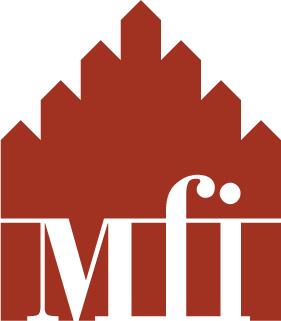If you wish to send your Application to the course, simply fill out the form, attaching your Curriculum. Find out how in this section.
Selection process
The selection process will be based on the evaluation of the CV and application form. The selection process takes place throughout the registration period, according to separate selection sessions. Candidates can submit their Application for Admission by: October 1, 2024.
Admission request
To apply for admission the candidate must:
Attach your CV in European format to the online application, available here.
Once the documents have been received, Milano Fashion Institute will inform the candidate about the final result (admission or non-admission).
Requirements to apply for admission
In order to submit your application, the candidate must be currently enrolled in a law degree course or have a diploma equal to or higher than a bachelor's degree.
Financial commitment
Participants are required to make a significant commitment both personally and financially.
The value of the course is €5,000 + VAT, to be paid as follows:
1st installment > €2,500 upon acceptance of the admission application;
2nd installment > €2,500 by October 1, 2024.
Costs include part of the study material and use of the facilities.
Withdrawal
1. The first registration installment is non-refundable. The member is allowed to withdraw up to the eighth calendar day prior to the start date of the course by forwarding a letter via priority mail to the registered office address of Milano Fashion Institute, to be anticipated in any case by fax and/or e-mail; in this case, you may request a refund of the amount already paid, except the first instalment.
2. In the event that the member, in the manner referred to in art. previous date, expresses the intention not to participate on a subsequent date, or does not give notice and does not appear in the classroom, he will not be entitled to any refund and will have to pay the entire fee keeping in mind that he can within one (calendar) year from the date of beginning of the Course, attend the next edition of the Course (if applicable) or another MFI course, without prejudice to the payment of any price adjustment.

